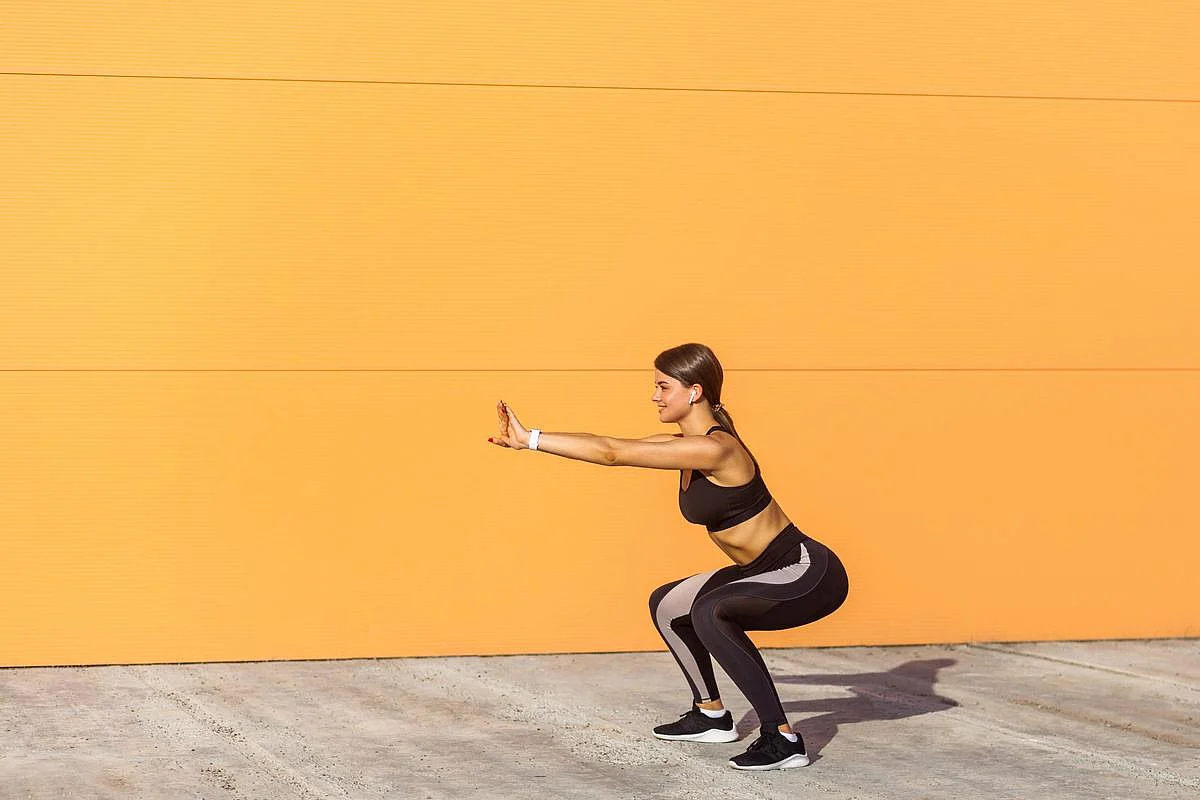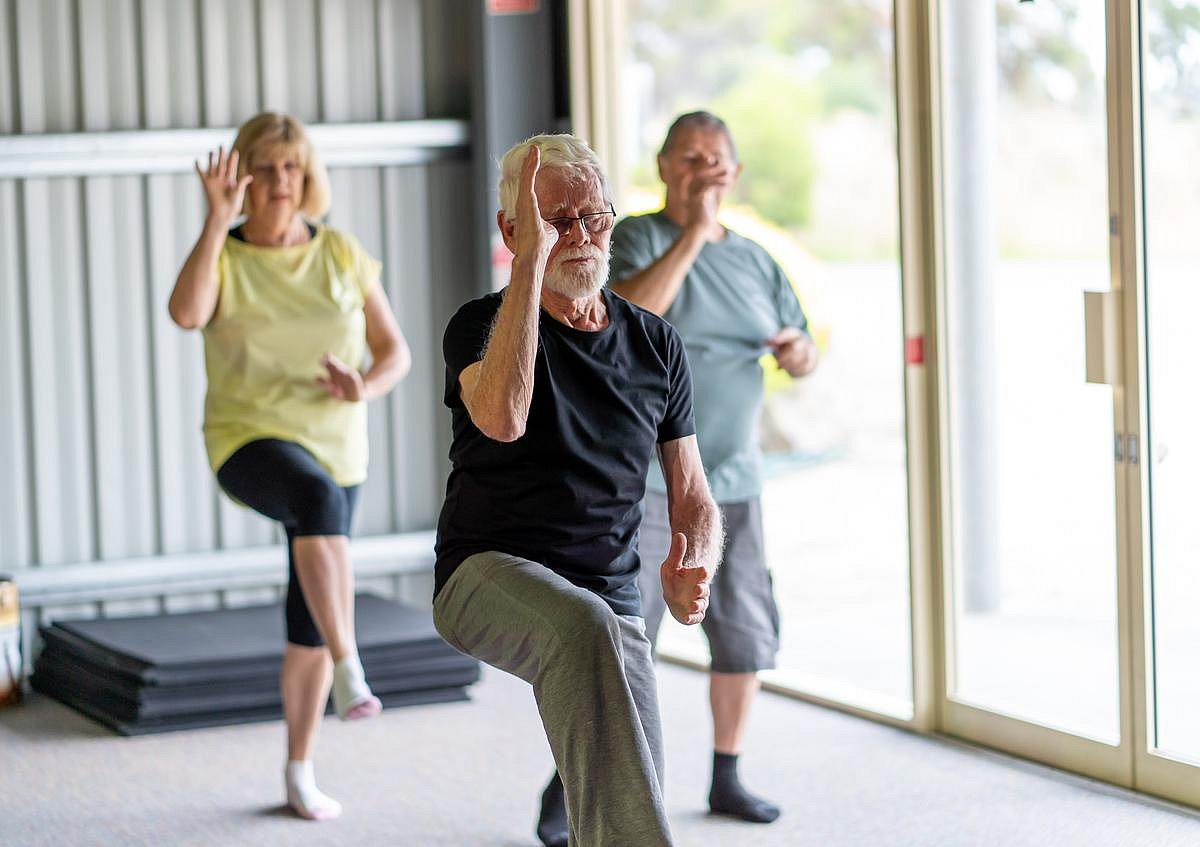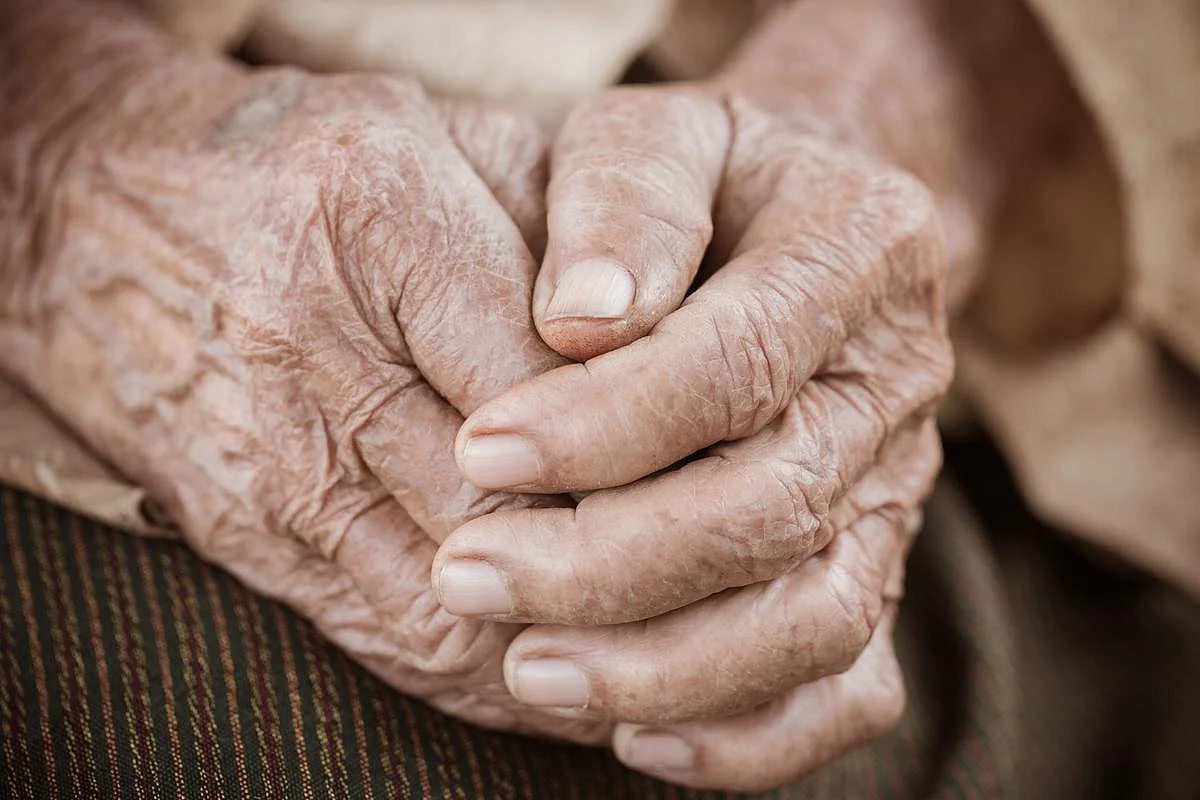
The Presidential Fitness Test is returning to U.S. schools after more than a decade. President Donald Trump signed an executive order Thursday to bring back the program, which aims to improve physical fitness among students. The test was launched in 1956 and ended in 2013. U.S. Health and Human Services (HHS) Secretary Robert F. Kennedy… read on > read on >





























